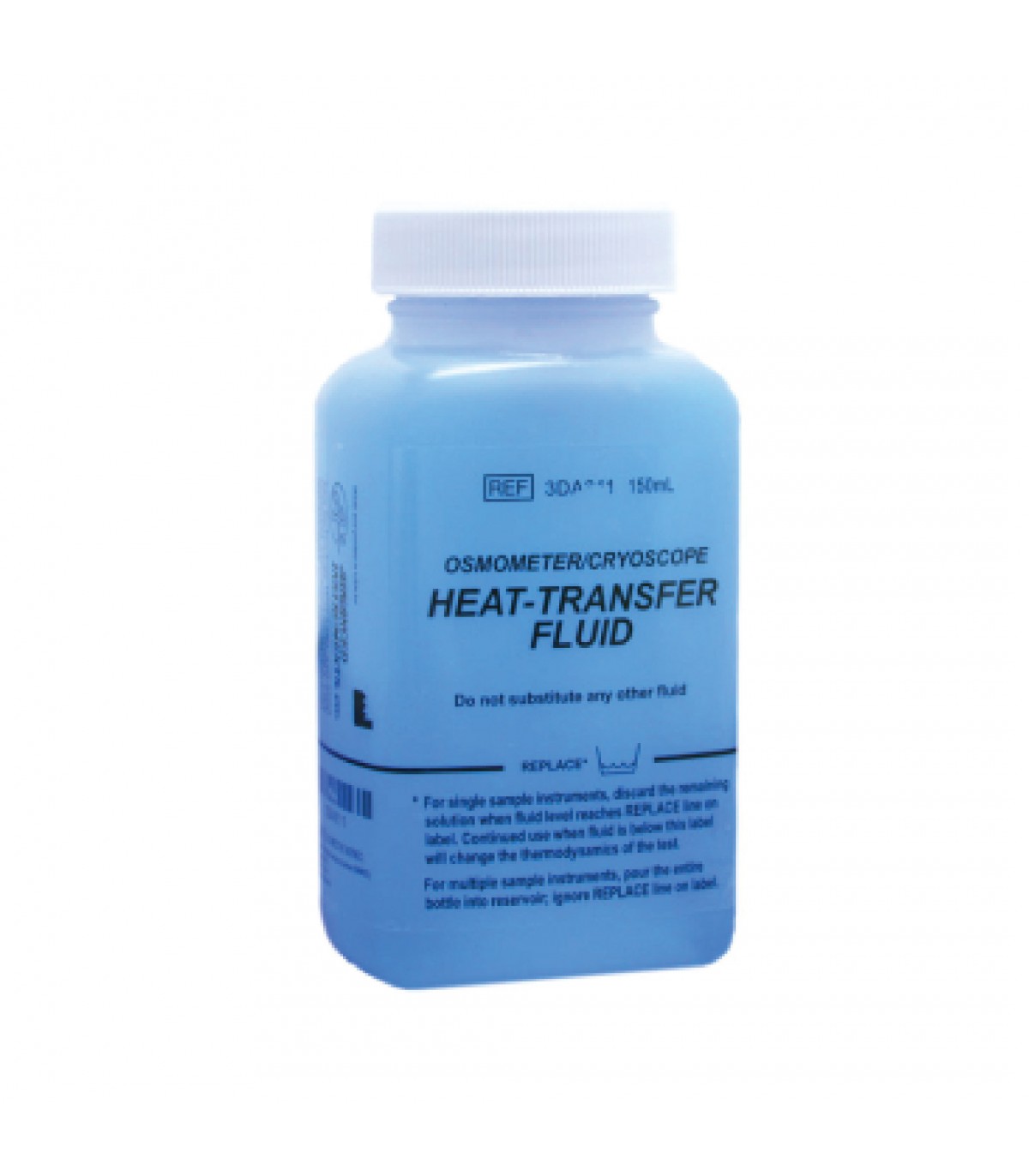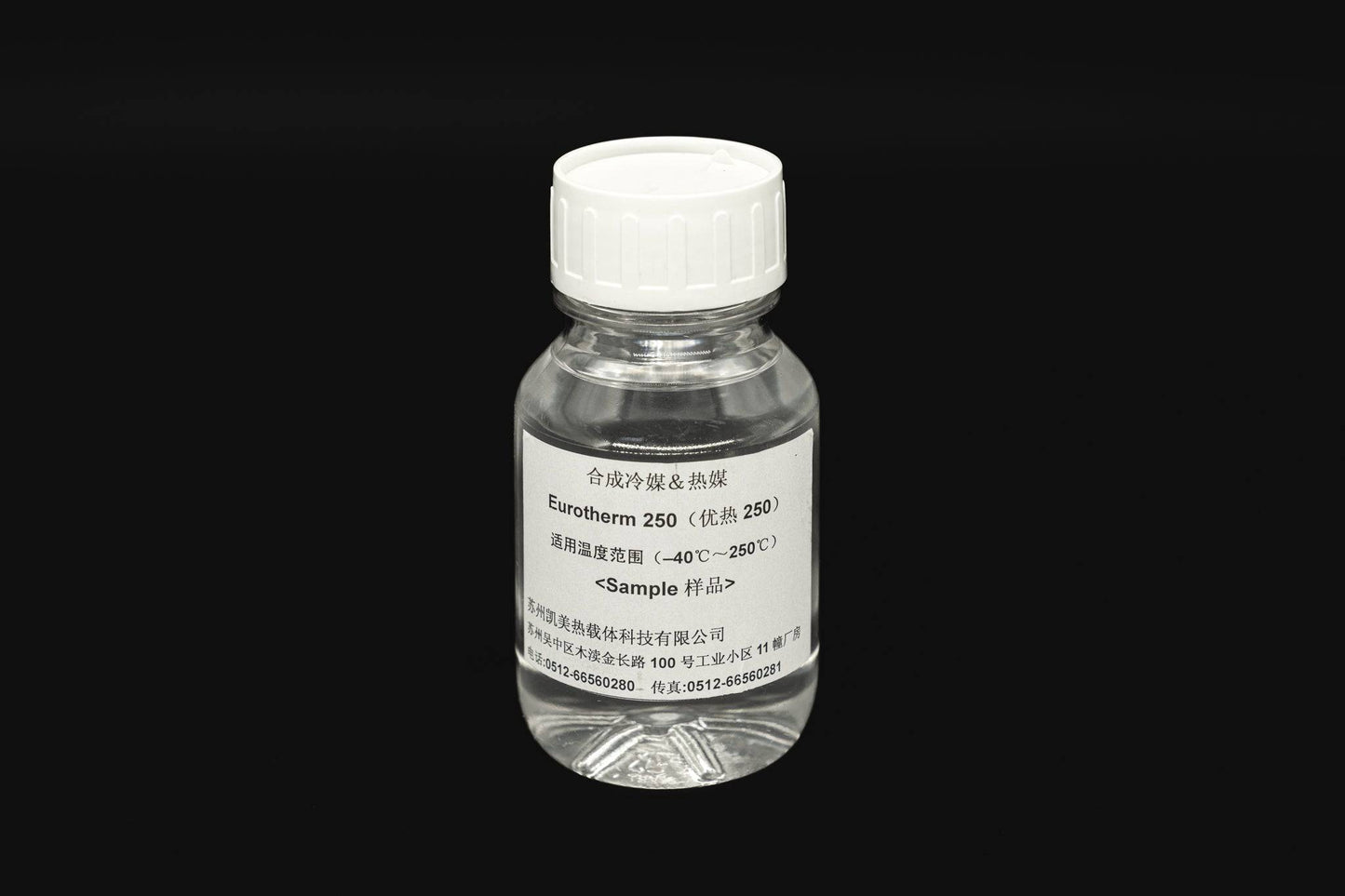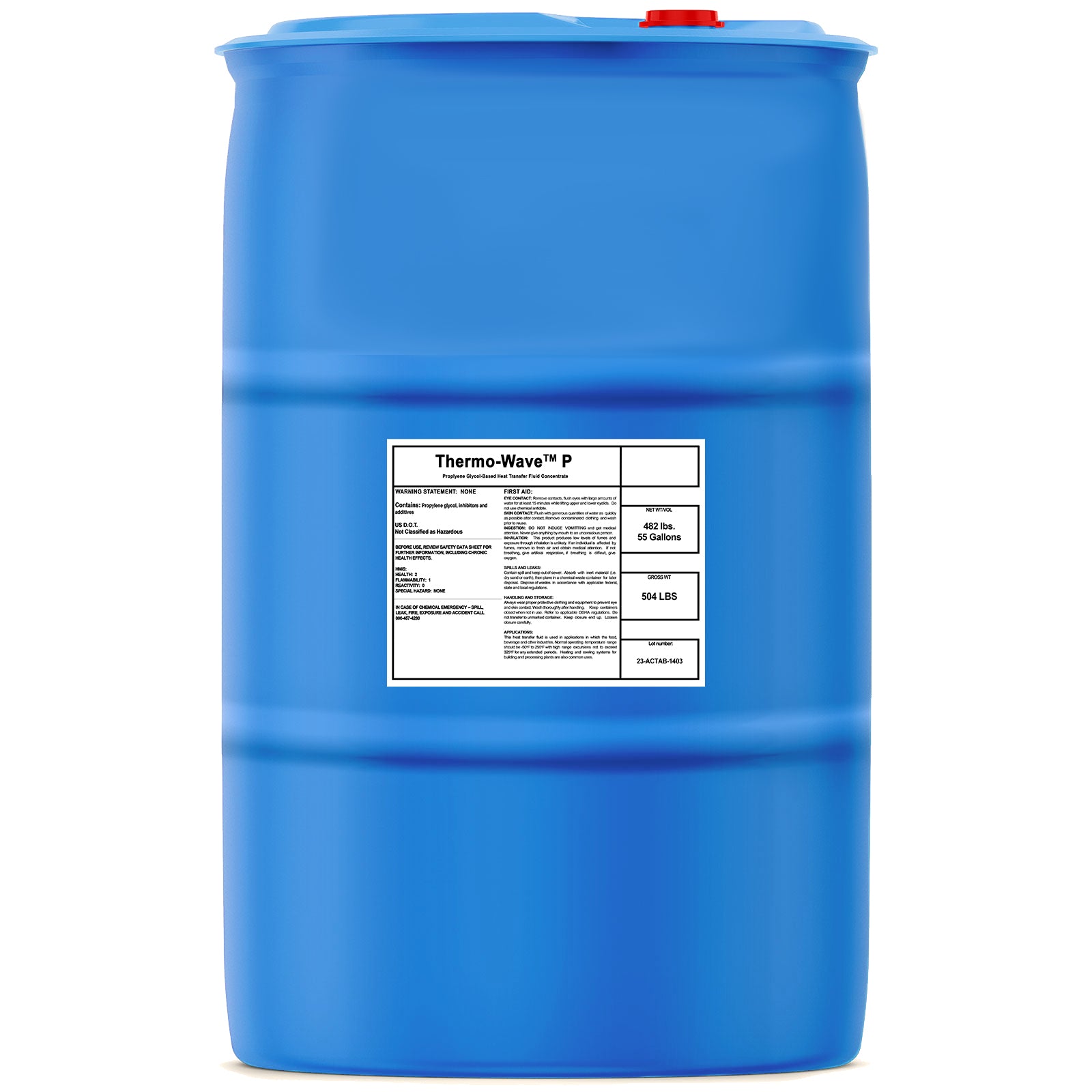Heat Transfer Fluid: Vital for Enhancing Industrial Cooling And Heating Solutions
Heat Transfer Fluid: Vital for Enhancing Industrial Cooling And Heating Solutions
Blog Article
Just How Warmth Transfer Fluid Adds To Lasting and Economical Procedures
In the modern commercial landscape, the function of warmth transfer liquids (HTFs) in promoting lasting and affordable operations can not be overemphasized. These fluids are essential in maximizing thermal monitoring systems, thereby considerably improving power effectiveness and decreasing operational expenses. The ecological benefits of advanced HTFs, with their high thermal security and reduced poisoning, are obvious. They not just extend system durability yet also add to the reduction of damaging emissions. Yet, truth possibility of HTFs is recognized through the thorough choice procedure, making certain compatibility and security. What factors should guide this crucial selection?
Recognizing Heat Transfer Liquids
In the world of thermal management, heat transfer fluids (HTFs) serve as necessary representatives for transferring thermal energy from one location to another. These fluids play a critical role in numerous commercial applications, including chemical handling, power generation, and heating and cooling systems. HTFs are especially engineered to operate within a wide variety of temperature levels, successfully assisting in the transfer of warmth while preserving a stable thermal account. Their ability to operate under severe problems-- whether high temperature levels or cryogenic levels-- makes them vital in environments demanding accurate thermal control.
The composition of warmth transfer fluids can differ considerably, consisting of choices such as mineral oils, artificial oils, glycols, and molten salts. Each type supplies unique advantages, such as improved thermal security, low thickness, and high boiling points, which are chosen based on details functional needs. The option of HTF impacts not only the efficiency of heat transfer however additionally the long life and safety of the system in which it is employed.
As sectors remain to innovate, the development of innovative HTFs, identified by their improved thermal conductivity and decreased ecological influence, is critical for fulfilling the demands of modern-day thermal monitoring challenges.

Enhancing Power Performance

Improving energy effectiveness has actually ended up being a paramount problem across different industries, motivating a more detailed assessment of warm transfer liquids' role in enhancing thermal monitoring systems. These fluids are integral to keeping the wanted temperature level in procedures, thereby decreasing energy waste and boosting overall system performance. By choosing an appropriate warmth transfer liquid, industries can substantially enhance their energy performance, resulting in lowered energy consumption.

Advanced formulas of warm transfer fluids have actually been created to stand up to extreme temperatures while preserving stability and efficiency. These technologies expand the functional life-span of the liquid, lowering the regularity of substitutes and energy-intensive maintenance activities. Additionally, the use of artificial or bio-based liquids offers fringe benefits in regards to minimized environmental impact, lining up with international sustainability goals. Enhancing power efficiency via optimal warmth transfer fluid choice is not only a technological necessity yet likewise an environmental imperative.
Lowering Functional Costs
Operational costs are a considerable factor to consider for sectors looking for to keep competitive advantage, and the choice of heat transfer fluid plays a vital duty in price management. Selecting a suitable warm transfer liquid can cause significant cost financial savings by enhancing system efficiency and minimizing power consumption. High-performance fluids reduce thermal destruction, which in turn minimizes the regularity of fluid substitute and downtime connected with maintenance, consequently decreasing functional expenditures.
In addition, heat transfer liquids with remarkable thermal security and deterioration resistance extend the lifespan of devices. This minimizes the demand for constant repair services and substitutes, which can be expensive and turbulent to procedures. By purchasing premium liquids, industries can achieve long-term reductions in upkeep prices and enhance the dependability of their systems.
In addition, progressed warmth transfer liquids often display reduced viscosity at running temperatures, which enhances pump efficiency and minimizes go to my blog power use in liquid flow. This optimization of power usage directly converts into reduced operational prices. Lots of modern-day warm transfer liquids are engineered to run effectively over a large temperature level variety, lowering the requirement for numerous fluid kinds, thereby enhancing inventory demands and reducing linked expenses. These factors collectively add to even more sustainable and cost-efficient procedures.
Environmental Effect Reduction
The press towards reducing ecological effect has gained energy in markets leveraging warmth transfer fluids. Firms are progressively identifying the significance of minimizing ecological footprints by taking on sustainable practices. Warmth transfer liquids (HTFs) play a critical duty in this transition, using opportunities to improve power efficiency and minimize exhausts. By choosing HTFs with high thermal stability and reduced toxicity, markets can make certain very little leak and deterioration, hence minimizing unsafe environmental releases.
Furthermore, making use of sophisticated warmth transfer fluids adds to enhanced system performance, minimizing the overall power consumption. This decrease not only causes cost financial savings but additionally lowers co2 emissions, assisting in the fight against environment change. Liquids that are eco-friendly and recyclable additionally improve sustainability efforts, as they decrease waste and promote circular economic situation techniques.
Furthermore, incorporating HTFs right into closed-loop systems avoids fluid loss and contamination of the surrounding environment. This strategy click here for info guarantees that fluids are recycled, minimizing the demand for brand-new resources and restricting waste generation. By embracing these eco aware techniques, industries can considerably lessen their ecological influence while preserving high operational effectiveness, aligning with international more tips here sustainability objectives and regulative needs.
Choosing the Right HTF
Selecting the proper heat transfer fluid (HTF) is an essential action in progressing ecological sustainability within industrial procedures. The option of HTF straight influences system performance, energy intake, and environmental influence. A suitable HTF ought to have a high thermal capability, reduced viscosity, and high thermal conductivity to make certain efficient warm transfer. In addition, its stability over a broad temperature variety is crucial to avoid degradation, which can result in boosted exhausts and waste.
When choosing an HTF, it is important to consider its compatibility with system materials to avoid corrosion and chain reaction. This makes certain long life and reduces maintenance prices. The fluid needs to be non-toxic and biodegradable, decreasing its environmental footprint and making certain conformity with environmental laws. The lifecycle expense of the HTF, encompassing procurement, operation, and disposal, should additionally be reviewed to guarantee economic usefulness.
Verdict

Report this page